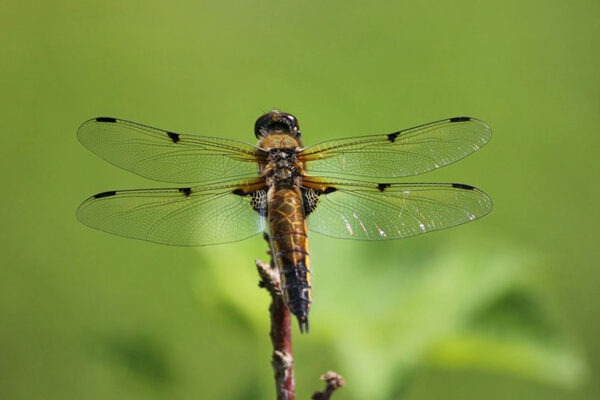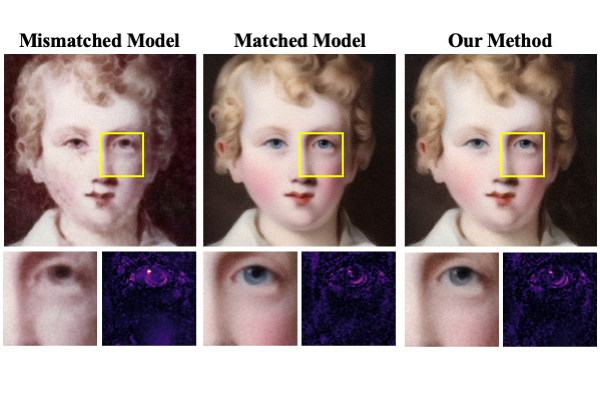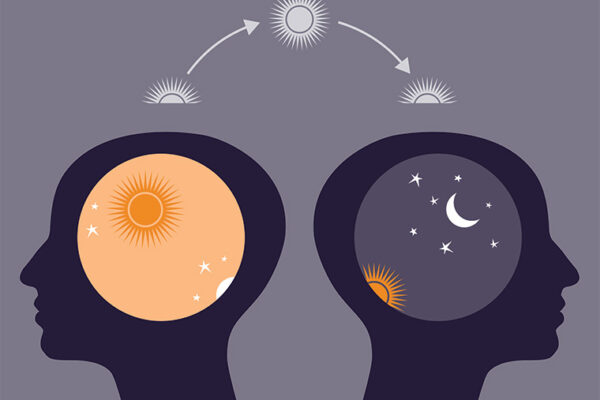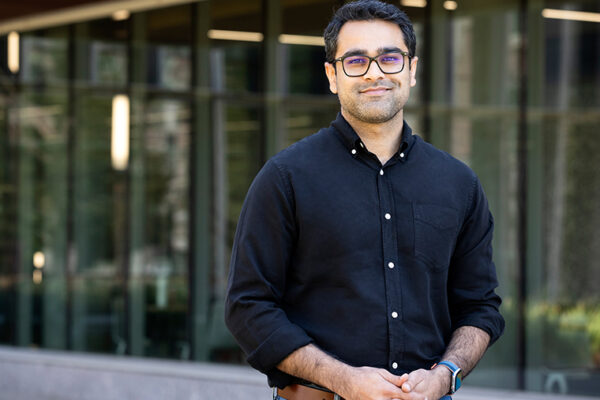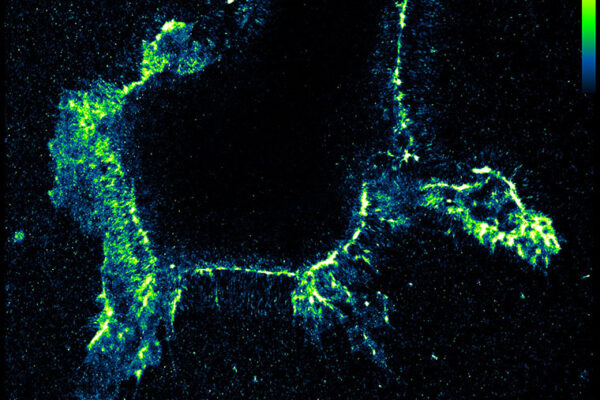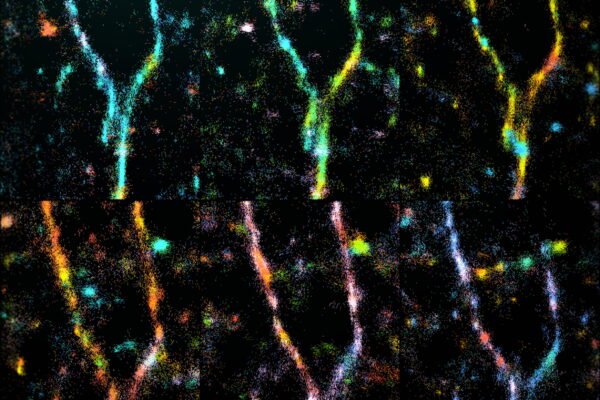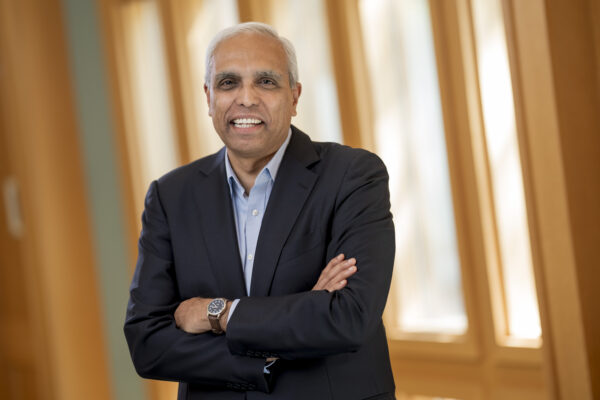Rethinking the waste in water
Young-Shin Jun and her team at the McKelvey School of Engineering see untapped resources in the chemical compounds in highly saline wastewater.
Sustainable technology to extract critical materials from coal-based resources
An environmental engineer at Washington University in St. Louis received a federal grant to work to extract rare earth elements from coal in a way that does not harm the environment.
Ornamented dragonflies better equipped to survive human threats
A study by Kim Medley, director of Tyson Research Center, and others found that dragonflies with dark wing markings have a lower risk of extinction.
Deep learning models can be trained with limited data
Researchers at the McKelvey School of Engineering at Washington University have developed a method that could reduce errors in computational imaging.
WashU researchers quantify solar absorption by black carbon in fire clouds
Aerosol scientists at Washington University have quantified the extent of light absorption by black carbon in fire clouds to better model climate impacts of extreme wildfire events.
Daily rhythms depend on receptor density in biological clock
Tweaking the numbers of receptors in a key brain area changes the daily rhythms of rest and wake in mice, according to research led by Daniel Granados-Fuentes in Arts & Sciences, published in the Proceedings of the National Academy of Sciences.
Iqbal earns runner-up in privacy tech award
A research paper by a computer scientist at Washington University has been named runner-up for the Caspar Bowden Award for Outstanding Research in Privacy Enhancing Technologies.
Chemists develop test to track crucial edits to RNA
A team of WashU chemists led by graduate student Alex Quillin in Arts & Sciences has developed a test that makes it possible to precisely track edits in cells, an advance that could lead to a new understanding of the origins of many illnesses.
WashU researchers shine light on amyloid architecture
Researchers at Washington University in St. Louis have used microscopy to chart amyloid beta’s underlying structure and yield insight into neurodegenerative disease.
‘Molecular putty’ properties found encoded in protein sequence for biomolecular condensates
Scientists at the McKelvey School of Engineering at Washington University in St. Louis sort the rules governing putty-like biomolecular condensates.
Older Stories


